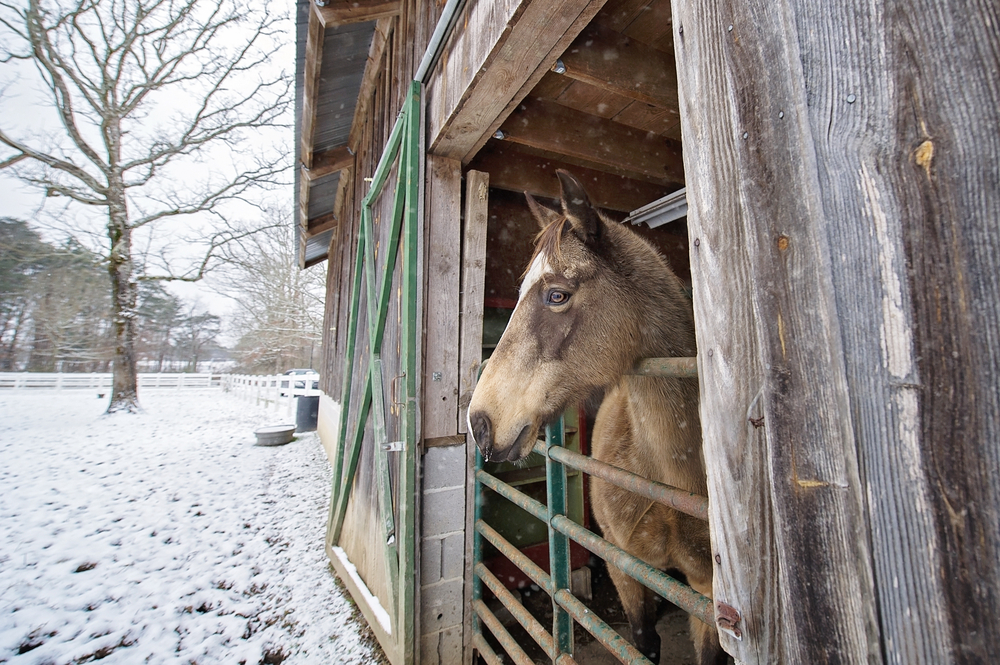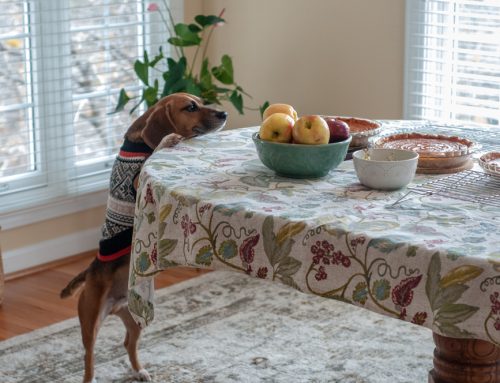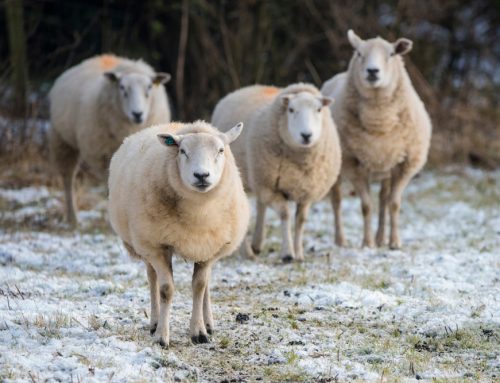In bitter winter weather, wind and cold temperatures can cause problems not only for pets, but also farm animals. Severe weather conditions can be dangerous for animals, and you must take precautions to keep your pets and livestock safe. Our Sale Creek Veterinary Services team wants to prevent your animals from cold-related problems, so we offer tips to keep all of your four-legged friends safe and warm this winter.
Cold safety tips for pets
When temperatures dip below the freezing point, pets are at risk for conditions such as hypothermia and frostbite. In addition, chemicals commonly used in the cold weather can be toxic to pets. Tips to protect your pet this winter include:
- Keep your pet indoors — Some dogs have a thick, insulated coat that protects them from the cold, but you should never leave a pet outside for extended periods in severe weather. Keep your cats indoors at all times in fierce weather, and take your dog out only for short periods to relieve themselves.
- Know your pet’s limits — Some pets, such as huskies and Alaskan malamutes, are extremely cold tolerant, but many others can’t handle winter weather. Puppies, kittens, senior pets, small pets, and those who have a short hair coat are at increased hypothermia risk, and you should know your pet’s limits and act accordingly when temperatures are chilly.
- Recognize cold weather maladies — Ensure you can recognize cold weather maladies, such as hypothermia and frostbite, whose signs include:
- Hypothermia — Hypothermia occurs when your pet’s temperature drops below the normal range of 100 to 102.5 degrees. Initially, your pet will start shivering, but they will stop as their temperature drops, and show other signs, including a decreased respiration rate, lethargy, pale mucous membranes, dilated pupils, and unconsciousness.
- Frostbite — When your pet is exposed to low temperatures, their blood is shunted toward their vital organs, and their extremities become vulnerable to tissue damage. The ears, nose, toes, and tail are most commonly affected. Signs include feeling cold to the touch, discoloration, pain, and skin blisters, and black tissues in advanced cases.
- Clean your pet after outings — After an outing, use a towel to remove ice, salt, and mud from your pet’s coat and paws, and remove debris between their toes and paw pads to prevent irritation.
- Protect your pet’s paws — To protect your pet’s paws from the cold and irritating chemicals used in deicers, put booties on their feet, ensuring the boots fit well to prevent irritation and blisters.
- Use pet-friendly products — Read the label of deicers and antifreeze to ensure you purchase pet-friendly products.
- Never leave your pet in the car — Pets, especially small pets, left in a cold car are at risk for hypothermia.
- Provide warm clothing for your pet — If you have a small or short haired pet, they likely will appreciate a warm sweater or jacket that fits well and does not affect mobility or irritate their skin. Your pet may need time to acclimate to wearing the garment.
- Avoid frozen bodies of water — When on outings, avoid frozen water bodies, or keep your pet leashed to prevent them from falling through the ice.
- Check your engine — Hopefully, you keep your cat indoors, but stray cats and wild animals may climb onto your car engine or inside your wheel wells looking for warmth. Honk your horn or bang on your hood before cranking your engine to prevent injuring hidden animals.
- Schedule a wellness examination — Healthy pets are more cold tolerant. Schedule a wellness exam to ensure your pet is winter ready.
Cold safety tips for farm animals

Most farm animals are adapted to the cold, but are still susceptible to hypothermia and frostbite in severe weather. You must be able to recognize these conditions to protect your livestock. Tips include:
- Keep your animals vaccinated and in good body condition — Healthy animals are better able to handle winter weather, so keep your livestock up to date on their vaccines and in a healthy body condition.
- Provide adequate shelter — Ensure your animals have access to a barn, shed, or windbreak to protect them from wind and cold temperatures. Before a storm, ensure the roofs of your barns and sheds are solid and the walls are in good condition. Also, place bedding material, such as straw or hay, to provide insulation and ensure the animals can lie down in comfort.
- Maintain good nutrition — Farm animals require more energy to stay warm during the winter, and you may need to increase their feed rations to help them maintain their body temperature. Our veterinary team can advise you on appropriate nutrition for your animals for cold weather.
- Watch the water supply — Farm animals should have access to plenty of fresh, clean water to prevent dehydration. Check water containers frequently and break any ice, and consider using heated water buckets to prevent freezing overnight.
- Replace soiled bedding frequently — Keep bedding as dry and clean as possible to prevent ammonia fumes, which can damage your animals’ respiratory lining and make them susceptible to respiratory tract infections.
Following these tips should help you protect your pets and farm animals from the winter weather. If you would like to schedule a wellness exam for your pets or farm animals, contact our Sale Creek Veterinary Services team, and let us ensure they are prepared for the winter weather.







Leave A Comment